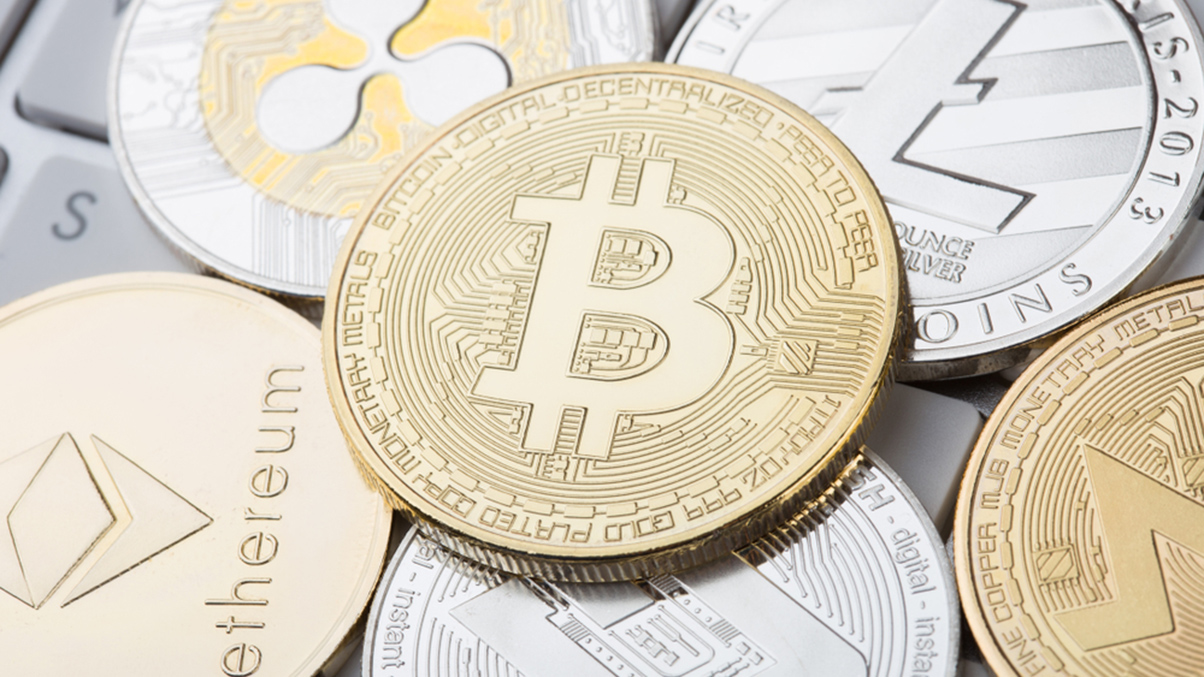FTX was the third-largest cryptocurrency exchange at one point, but came crashing down to earth in 2022 and filed for bankruptcy in the US on 11 November. The platform’s downfall has reignited the debate around the regulation of cryptocurrencies globally and in specific jurisdictions. Marc Jones considers the arguments here.
The FTX group of companies was regulated in the Bahamas, the Cayman Islands, Antigua and Barbuda, Switzerland, Cyprus, the US, Japan and Germany. So lack of regulation is not the full explanation for its demise. Or at least it shows how difficult regulating cryptoasset service providers (CFASPs) is and will continue to be. This is a problem regulators have recognised for some time and may be part of the reason why, despite an obvious need for regulation for a few years, some national regulators have been slower to respond than others.
Changes to the Financial Services and Markets Act (FSMA) giving the Financial Conduct Authority (FCA) powers over crypto products and Bank of England supervision of stablecoins are in the offing. The Regulation on Markets in Crypto-Assets (MiCA) will impose the same rules on cryptoasset service providers throughout the EU.
What regulation should be in place?
The most immediate need for regulation has been to protect retail investors. While hacks and scams attract the headlines, the volatility of the assets makes them fundamentally risky investments for retail consumers. Earlier this year, the FCA increased restrictions on advertising cryptos, a welcome but long overdue move. Currently, aside from anti-money laundering, there is no specific UK regulation governing how CASPs are run.
Given aspirational statements earlier this year by government ministers about the UK’s ambition to become a crypto hub – significantly, an ambition restated even after FTX’s collapse – we need to see more action backing up those words. Market confidence will be a key component in stabilising and growing the market.
Some of the biggest players in the field (such as Binance and Coinbase) have started to bring themselves voluntarily under the regulatory umbrella of different jurisdictions. We are at a tipping point in the development of digital assets markets in terms of regulatory engagement. There may be a split in the industry between those who see regulation as the key to market confidence (and therefore their own survival and success) and those who hold true to the anti-establishment origins of the crypto/decentralised finance (Defi) project and prefer to stay outside any regulatory regime. Provided it’s clear who’s on which side of the fence and what it means, investors will then have to choose what risks to take.
Two headline issues for investors
The current market turmoil highlights two other key issues for investors, both of which are related.
First, if your funds are held on an exchange, what are the terms on which they are held? What law governs your relationship with the exchange? And what jurisdiction can deal with any dispute? When an exchange fails, the answer to those questions can make the difference between an investor getting 100% of their funds back and zero.
Second, the difference between “centralised” and DeFi exchanges. Where an exchange is centralised (ie for simplicity’s sake, under the control of one party), there is always the risk that investor funds may be used for purposes investors did not consent to. Clearly, those risks should be reduced when an exchange is regulated.
In contrast, investors using DeFi exchanges tend to retain control of their assets. Assuming the exchange is truly decentralised, investors’ assets can only be directed in accordance with the self-executing rules of the exchange (ie there’s no human involvement), so the risk of funds being misdirected is (absent a flaw in the rules or a hack) not present.
Provided a user is confident of a DeFi exchange’s code, regulation adds far less than in the case of centralised exchanges. Interestingly, while centralised exchanges have suffered following the collapse of FTX (ie have seen huge outflows), decentralised exchanges have (on the whole) continued unaffected, and even benfitted from the outflows from centralised exchanges. That’s not to say that DeFi does not present its own novel problems – it definitely does – but that’s another story.
Stewarts Litigate
Stewarts has launched a ground-breaking after the event (ATE) insurance facility with Arthur J. Gallagher Insurance Brokers Limited. ‘Stewarts Litigate‘ is designed to work alongside our alternative funding agreements. The facility provides our commercial disputes clients with rapid access to comprehensive ATE insurance at pre-agreed market leading rates. The facility can provide coverage of up to £4 million in three business days and up to £18 million within ten business days.
Find out more about Stewarts Litigate here.
This communication has been authorised by Arthur J Gallagher Insurance Brokers Limited for the purpose of s21 of the Financial Services and Markets Act 2000
You can find further information regarding our expertise, experience and team on our Commercial Litigation pages.
If you require assistance from our team, please contact us.
Subscribe – In order to receive our news straight to your inbox, subscribe here. Our newsletters are sent no more than once a month.







